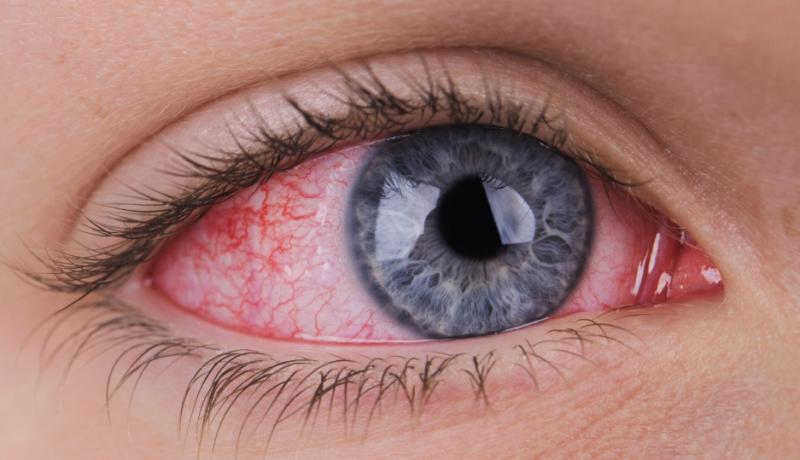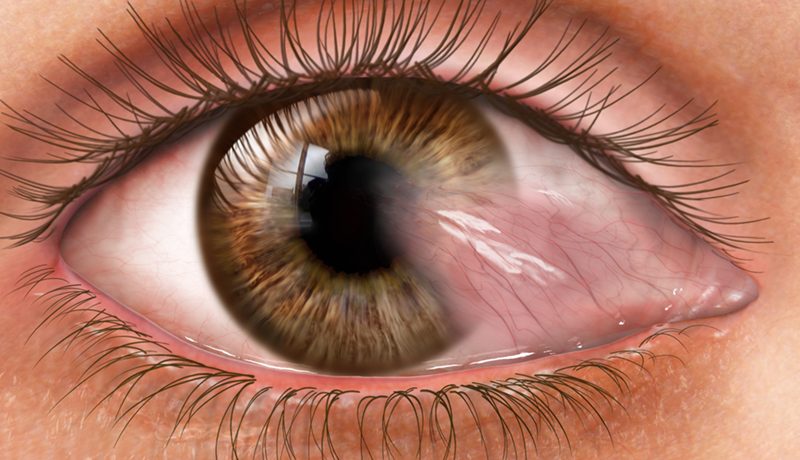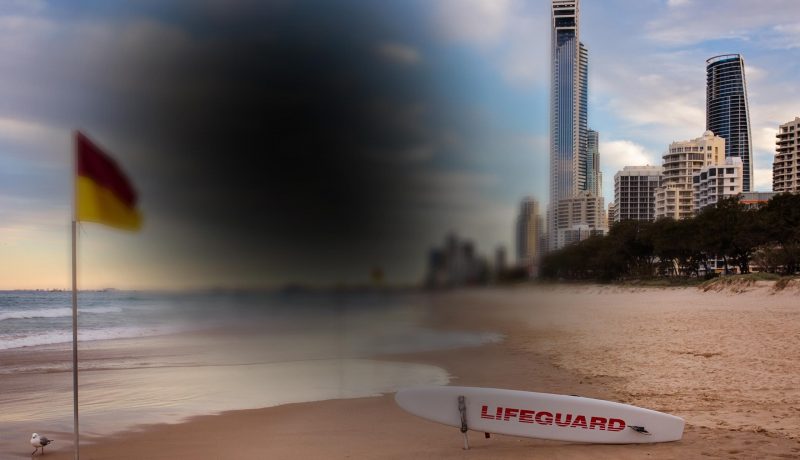In this article, discover how UV exposure can affect your eyes, some common conditions associated with UV radiation, and 7 simple tips to help protect your eyes.
The Summer months are a great time to enjoy the outdoors with friends and family, but it’s important to remember to protect your eyes from the sun – just like you protect your skin.
If you have any concerns about your eyesight, the team at Eye Specialist Institute are here to help with appointments available at clinics in Southport, Varsity Lakes and Coolangatta.

What is UV?
Ultraviolet (UV) radiation is a type of energy produced by the sun and is the main cause of skin cancer. Excessive exposure causes sunburn, tanning, ageing and eye damage. It can also be produced by some artificial sources, including tanning beds and welders.
UV radiation is particularly dangerous as while you can feel sun’s heat, you cannot feel the sun’s UV radiation – so often you won’t realise the damage being done until it’s too late. Australians need to be particularly careful as we experience some of the highest levels of UV radiation in the world!
How can UV affect my eyes?
Excessive UV exposure raises your risk of developing a number of serious eye conditions, including:
Cataracts are the natural clouding of the lens in your eye and are the most common cause of treatable blindness.
Cataract surgery involves replacing the cloudy lens with an artificial lens, called an intraocular lens (IOL), and is one of the most performed eye surgeries in the world!
Our cataract surgeons, Dr Robert Bourke, Dr Lewis Lam and Dr Sharon Morris are available to discuss your vision goals, contact our friendly team to make an appointment.
A pterygium is a fleshy triangle-shaped overgrowth on the surface of the eye, commonly called “Surfer’s Eye”.
It can grow from either the inner or outer corner of your eye and if left untreated can cause vision loss as it exends across the cornea.
Drops or surgical removal may be recommended to slow or stop the growth of a pterygium.
Photokeratitis
Did you know your eyes can get sunburned?
Photokeratitis, or “snow blindness” is where exposure to sunlight, UV and/or reflected light (off water, white sand, or snow) has burnt the surface cells of the eye.
Recovery may take a day or so, and can be helped with preservative-free eye drops, wearing sunglasses, and staying away from bright lights.

While the link between macular degeneration and sunlight exposure is not greatly known, protecting your eyes from UV is always recommended.
Age-related macular degeneration or AMD, is the leading cause of blindness in the developed world and affects a person’s central vision due to the deterioration of the retina.
AMD can impact you gradually or rapidly, causing distortion or dark patches, and it’s important to seek help from an eye doctor as soon as possible to commence treatment to prevent further vision loss.
Tips to Protect Your Eyes
Invest in good quality sunglasses and a broad brimmed hat.
Always wear sunglasses when outside, even if it’s only for a short while as even just a few minutes can cause damage.
Protect your eyes from sparks, dust or debris when tackling those Summer DIY projects around the house.
Wear goggles when swimming to protect your eyes from chlorine in the pool, salt in the ocean, and debris in lakes and rivers.
Air conditioners (both at home and in the car) can dry your eyes out. Consider limiting AC time, directing it away from your eyes, and using eye drops to keep your eyes hydrated.
Avoid going outdoors between 10am – 3pm when UV radiation is the strongest.
Don’t forget to blink! Blinking is your body’s natural way of keeping your eyes lubricated and protected.
Useful Links
SunSmart – www.sunsmart.com.au
Cancer Council – www.cancer.org.au
Macular Disease Foundation Australia – www.mdfoundation.com.au
Vision Australia – www.visionaustralia.org


